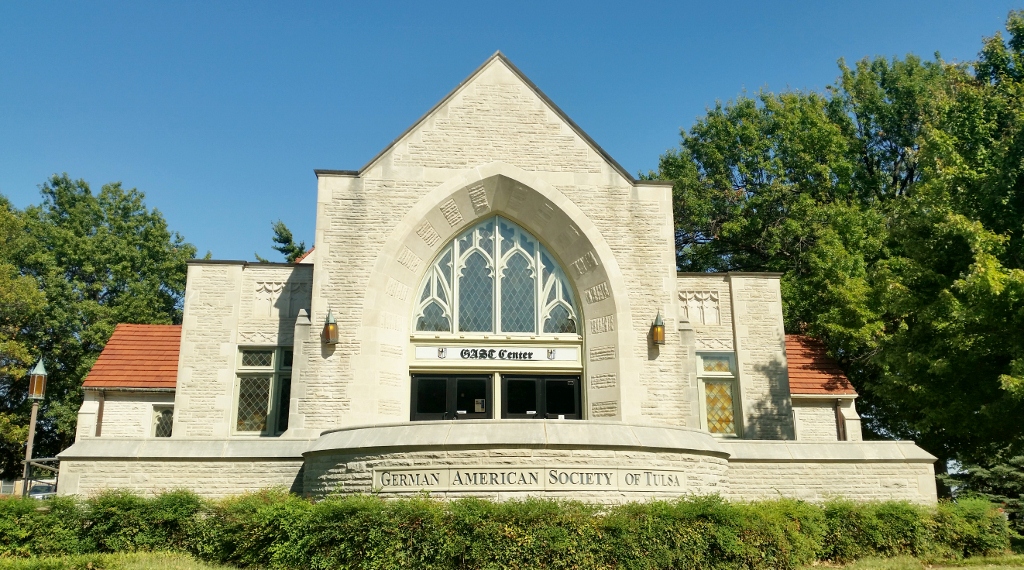
The German-American Society of Tulsa is pleased to announce POLKA PARTY!
Join the GAST Blaskapelle and Volktanzeren (Wind band and Folk dancers) for an evening of German style music, dancing and fun! This new party presents a unique opportunity for you to learn to Polka and Waltz or get a little practice in! In addition to this you can also try out other traditional German dances throughout the evening. The dance lessons are free but you are not required to dance to enjoy the fun! We'll have entertainment segments, food, and bier to be enjoyed throughout the evening as well. Children are welcome but there are no children specific activities. Admission and parking are free!
Dates & Times
July 19th, 2025 - Doors open at 4:30pm
Location
GAST Event Center: 2301 E 15th Street in Tulsa
Refreshments for Purchase 2024
$6.00
$6.00
$4.00
$1.00
$2.00
$1.00
$4.00
$5.00
$3.00
$2.00
$4.00
Bratwurst with Sauerkraut on a Bun
Smoked Bratwurst with Sauerkraut on a Bun
All Beef Hot Dog with Sauerkraut on a Bun
Bag of Frito-Lay Chips (your choice / assorted)
Chocolate brownie with pecans
Nabisco cookies pack (your choice / assorted)
Bavarian Pretzels with / without Mustard
Bavarian Pretzels with Cheese sauce
Side of Sauerkraut
Soda Pop, Tea (bottled), Water
Bier (German - bottled)
All Prices Include Tax
A Brief History on POLKA
Characterized by its three quick steps and a hop, polka’s catchy 2/4-time signature and lively tempo made it a favorite among dancers and musicians alike. By the mid-1800s, polka had spread across the continent, and its charm had captured the hearts of people from all walks of life. A dance with a bit of rebellion at its core compared to the dances of the day, polka’s success could not be stopped as it spread across the world.
Throughout the 20th century, polka continued to thrive in various forms. It found its way into popular music and movies, becoming a symbol of joyful celebration. Iconic musicians like Cleveland’s own Frankie Yankovic, “The Polka King,” and “Weird Al” Yankovic (no relation) incorporated polka rhythms into their music, introducing the dance to new generations of listeners.
Today, polka is far from a relic of the past. While it may not dominate the mainstream music scene, it maintains a passionate following among enthusiasts who appreciate its energetic melodies and lively dance steps. Polka festivals, dance clubs and cultural events are still held worldwide, showcasing the enduring appeal of this vibrant tradition.
This abridged history was taken directly from pbswesternreserve.org. You can find a detailed Polka history on their website; linked below.
